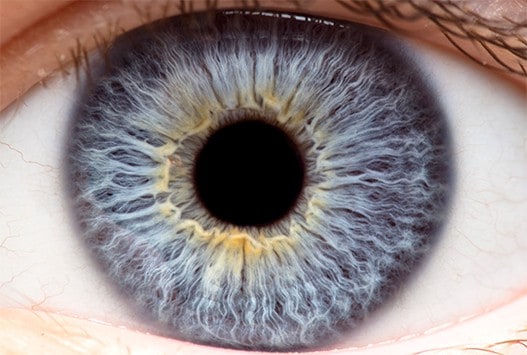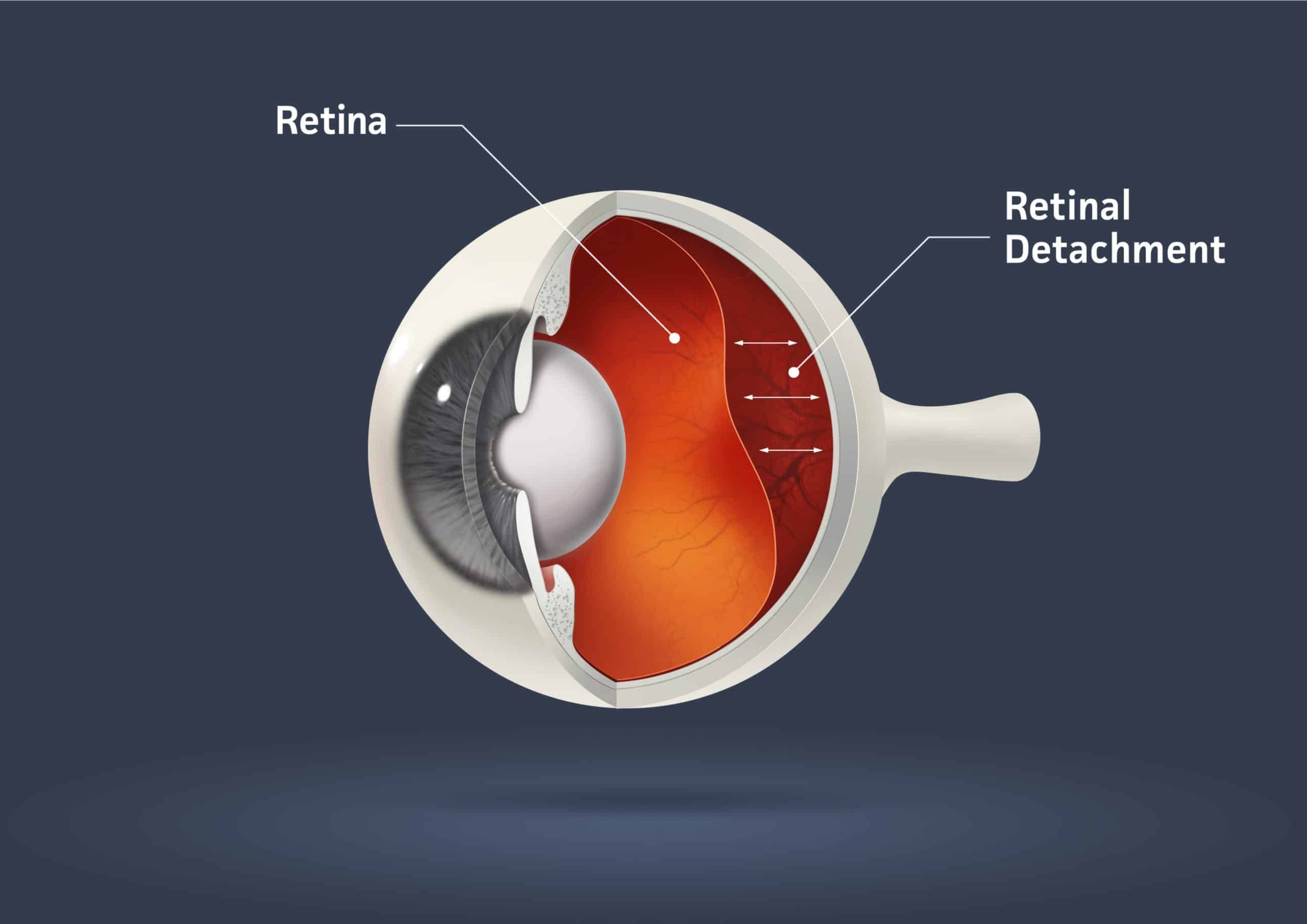Why is Age-Related Macular Degeneration Linked to Cardiovascular Disease and Stroke?
Age-related macular degeneration (AMD) is an eye disease that deals with the retina, the light-sensitive tissue lining the back of each eye. At the center of the retina is the macula, a tiny but mighty area responsible for central vision and seeing fine details. AMD damages this area.
AMD is a common condition affecting people aged 50 and older. Some people have a higher risk of AMD, such as those who eat a lot of saturated fat, smokers and people with hypertension or a family history of the eye disease. However, multiple research bodies have linked AMD with increased cardiovascular disease and stroke risk.
Our retina specialists at Mittleman Eye in Palm Beach and Jupiter, Florida, can diagnose AMD and develop a treatment plan to manage symptoms and prevent further vision loss.
Research Investigates the Risk of Stroke and Heart Disease in AMD Patients
A systematic review and meta-analysis of AMD and the incidence of cardiovascular disease investigated the link in 2014. Researchers dissected 13 studies with more than 1.5 million participants and 155,500 cardiovascular disease events in the patient pool. They found the risk of cardiovascular disease increased by 15 percent in patients with early AMD compared to the general population. That risk increased to 66 percent for people with late-stage AMD.
A 2021 case-control study into the link between AMD and heart failure in Taiwan found that AMD increased the risk of heart failure 1.58-fold. Other studies have suggested late AMD increases the risk of stroke, myocardial infarction and cardiovascular disease.
The latest bit of research, published in July 2022, theorizes that only a specific type of AMD significantly increases the risk of heart disease. The lead author hypothesizes that someone with a version of AMD that causes subretinal drusenoid deposits may have an undetected heart concern. In that case, some AMD patients may benefit from screening with a cardiologist after their AMD diagnosis.
Do These Diseases Have Similar Risk Factors?
Age-related macular degeneration and cardiovascular disease both affect an aging population. Getting older causes functional and structural alterations in the retina, and other systemic risk factors can increase the risk of these conditions. People who smoke are more likely to develop AMD, and smokers also have a higher risk of heart disease. Obesity and hypertension (high blood pressure) are also linked to both conditions.
Many medical professionals believe the link between AMD and cardiovascular disease and stroke is “unspecific” because the risk factors overlap. However, researchers note that you can take steps to decrease the risk of these conditions, including a Mediterranean diet which may reduce the risk for late AMD and is a primary step in preventing cardiovascular disease. Still, this connection could mean that patients with AMD (especially late AMD) could benefit from screening for heart disease.
If you’re experiencing vision changes or have an AMD diagnosis, contact our retina specialists at Mittleman Eye. Patients can make an appointment directly online or text or call 561-500-2020 to start a conversation and make an appointment.





















